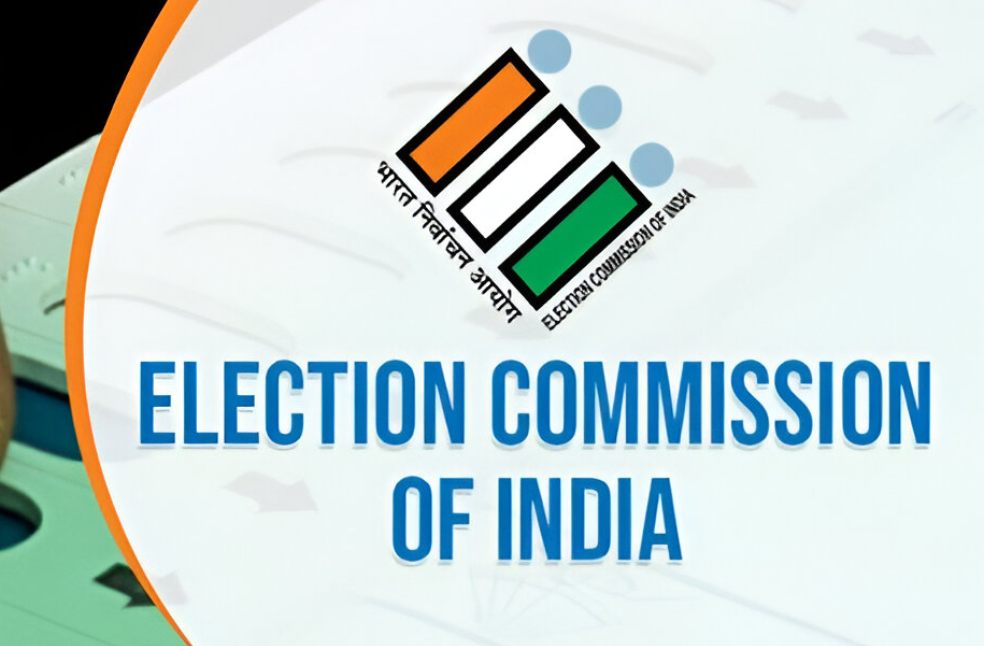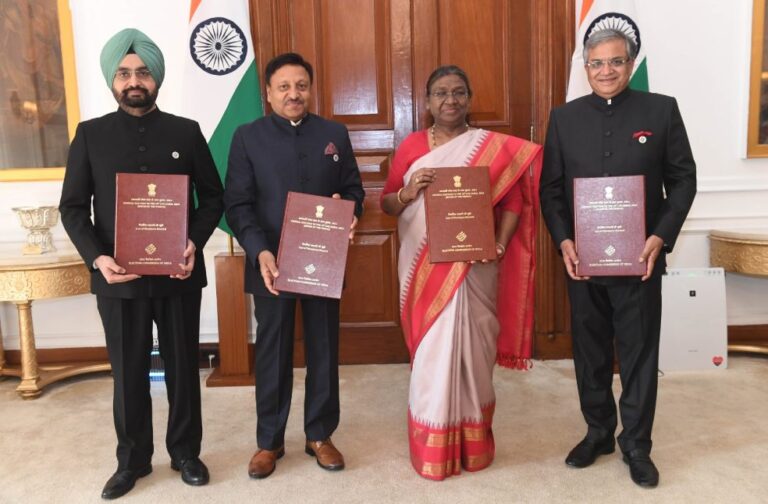New Delhi, India: The Union Cabinet has given an agreed indication to the ‘One Nation, One Election’ proposal, subsequent by the submission of a report by a high-level committee led by former President Ram Nath Kovind.
The proposal focuses on synchronizing elections for the Lok Sabha, state assemblies, and local bodies, potentially transforming India’s electoral process.
The Kovind-led panel confirmed its report in March 2024, before the Lok Sabha election announcement. The approval came as part of the Law Ministry’s 100-day agenda, and Minister for Railways Ashwini Vaishnaw announced that the panel’s findings received widespread support. The first phase would involve simultaneous elections for the Lok Sabha and State Assemblies, tailed by synchronized local body polls within 100 days.
The report also called for the formation of an Implementation Group to empower the proper execution of these recommendations.

According to the Kovind panel, holding simultaneous elections would help save national resources, nurture development, and promote social cohesion. The panel argued that synchronized polls would highlight India’s democratic framework and align with the country’s long-term aspirations.
In addition, the panel recommended the Election Commission of India (ECI) submit a common electoral roll and voter ID cards in consultation with state authorities, simplifying the voting process. This reform would involve up to 18 constitutional amendments, many of which would not require state support but would necessitate legislative approval from Parliament.
Not all political parties have accepted the proposal. Congress president Mallikarjun Kharge criticised the attempt as impractical, calling it an attempt by the BJP to divert attention from pressing issues.
The opposition remains sceptical, arguing that such electoral reforms could concentrate power and undermine federalism by ruining regional autonomy.
The Law Commission is also expected to present its report on simultaneous elections, which has been a vital agenda item for Prime Minister Narendra Modi. If approved, the ambitious proposal could be implemented starting in 2029, paving the way for unified elections across all levels of government, including facilities for managing scenarios like a hung parliament.
As the debate intensifies, India’s political landscape stands as a significant transformation, with the future of its electoral system hanging in the balance.



